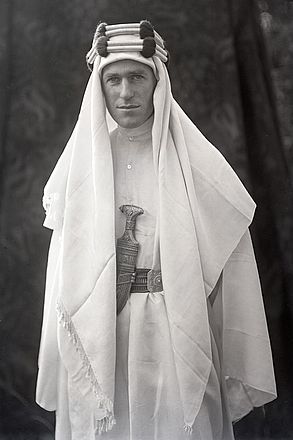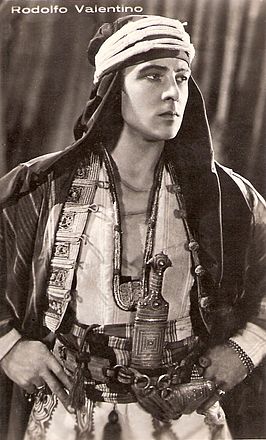Ripple Effect
Thomas’ multimedia show demonstrated of the power of media in creating a hero, and it heralded the coming influence of broadcast journalism. Thomas’ unprecedented media coverage set the stage for Lawrence to play the influential role he sought in redrawing the map in the post-World War I settlement of the Middle East.
“As Lawrence’s fame grew, even the politicians who had failed him were keen to associate themselves with his legend. The Strand Magazine articles were prefaced by a comment from Lloyd George: ‘Everything that Mr. Thomas says about Colonel Lawrence is true. In my opinion Colonel Lawrence is one of the most remarkable and romantic figures of modern times.’”
—Jeremy Wilson, Lawrence of Arabia, Page 624
Only months before at the Paris Peace Conference Lawrence had been unable to influence the great statesmen of the time. Lawrence may have felt uncomfortable in the public spotlight from Lowell Thomas’ show, but thanks to it he gained worldwide celebrity and found doors open to him and his consul. Suddenly he had the gravitas to gain position and manipulate British policy in the Middle East. After his success in restructuring the Middle East at the Cairo Conference of 1921, Lawrence discovered that he could not escape his notoriety. Being a legend, he found, was like having called up a genie out of a bottle — one could not so easily be rid of him.




